As David Horton-Fawkes’ time as CEO of The AF Group ends he reflects on challenges faced and the biggest threats and opportunities for farming today
A little over four years ago, I took up my role as CEO of the largest farmers’ buying group in the UK, affectionately known as Anglia Farmers but rebranded The AF Group in 2018.
Back in November 2020 the country was in lockdown, but AF was operating normally because we had been designated an essential component of the food supply chain. Our open plan office was festooned with warning signs and partitioned by transparent plastic screens. Only 20 people were allowed into an office that can accommodate 200. It was twelve months before I could meet everyone on the payroll.
Covid hit when farmers were finally coming to terms with realities of Brexit and realising that exiting the EU also meant leaving behind £3bn of farm subsidy payments. Next, war broke out in Ukraine driving up natural gas prices sending electricity and fertiliser prices sky-rocketing by 400%. For some these prices were compensated for by higher output prices but there were just as many losers as winners.
On 30th October this year, the Chancellor’s budget measures were as unexpected as they are punitive. Loss of inheritance tax relief on assets over £1m has prompted widespread publicity but loss of Business Property Relief is a bigger issue for all families who have built up a business over time. This isn’t an attack on farmers, the budget is a clear attempt to redistribute capital and it’s bewildering that the impact on five million small and medium business in the UK hasn’t attracted more attention.
Agricultural Property Relief was only introduced in 1984 and no other sector receives significant subsidies for the privilege of owning valuable assets. The truth is farming isn’t that different from most other business and, yes, farmers work hard for low wages, but so do many other people. Long shifts, anti-social hours and unpredictable influences are common to many other industry sectors, hospitality being a good example.
But this time it’s serious because in addition to removing APR, the budget also raised the prospect of a tax on fertiliser, the accelerated removal of old EU subsidies, raising employers NI and the minimum wage. Together these policies threaten the very viability of the rural economy.
Until now, representatives of farmers have been more focussed on defence and protection than innovation and adaption. But as my four years at AF comes to an end and I take on new challenges, our Members are facing serious threats to their business. Some will not survive, but many will because farmers are tough, hardworking and adaptable.
Every day I see inspiring businesses. I meet farmers adapting to loss of subsidy, reducing their costs, increasing their sales and finding new revenue opportunities while improving their soils and increasing biodiversity. We must balance defence of the status quo with a recognition that change is hard but change is necessary.
Let’s use this genuine threat to farming to do much more than defend and protest. Let’s come together to voice our concerns but also to present solutions, recognising that subsidy has created complacency and suppressed innovation.
Our protest will only be successful when we collaborate together through our not-for-profit co-operatives. Why do 70% Dutch farmers work as part of a co-operative but only 16% of UK farmers? Why do our farmers think they are competing with their neighbours and why are we so stubbornly resistant to sharing our data and experiences and learning from our mistakes?
The biggest threat to farmers is not legislators. Farmers are squeezed by input suppliers, food processors and retailers. Public support for farmers will be short-lived if protests become disruptive and multinational conglomerates couldn’t care less about Jeremy Clarkson. Let’s hope government listens to the NFU but let’s use our co-operatives to work together, to learn from each other and stand up to the massive multinationals who are the real threat to small family farms.




